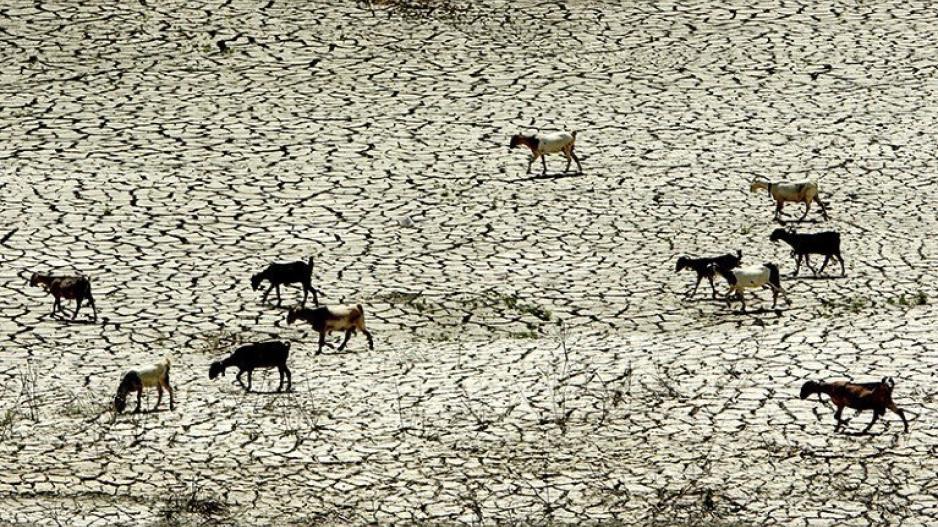Climate Change Threatens Tourism, Experts Warn at Nicosia Conference
4°C Global Temperature Rise May Slash Greece and Cyprus Tourism by 2-5%
Tourism in Cyprus faces a significant threat due to the escalating effects of climate change. This connection was the central theme at a conference in Nicosia on Thursday titled "Is Climate Change a Threat to Tourism?", jointly organized by Cyprus' Deputy Ministry of Tourism and the Cyprus Sustainable Tourism Initiative.
Dr. Christos Giannakopoulos, the Research Director at the Institute for Environmental Research and Sustainable Development of the National Observatory of Athens, emphasized how climate change, including rising temperatures, increased fire risks, and health hazards, is discouraging tourists from visiting islands like Cyprus. A recent survey of tourists from Greece, Britain, Serbia, and Italy showed that a significant majority would choose different destinations if faced with these environmental threats. Specifically, 98% would avoid areas with contagious diseases, 85% would change their plans due to disappearing beaches, and 68% cited frequent forest fires as a deterring factor.
Moreover, a global temperature increase by 4°C could lead to a 2-5% decline in tourism demand for Greece and Cyprus, resulting in significant revenue losses. As Cyprus lies in the eastern Mediterranean, a region sensitive to climate change, it faces the prospects of warmer winters, intensifying droughts, and extreme weather events. These changes could further hamper tourism by causing discomfort for both locals and tourists, endangering natural attractions, increasing hotel operational costs, and even potential revenue loss from rising sea levels affecting beach areas.

George Zittis, a researcher at the Cyprus Institute’s Climate and Atmosphere Research Center (CARE-C), highlighted that the eastern Mediterranean's warming rate over the last four decades has been alarming, approximately 0.4°C per decade. Furthermore, the area experienced its driest conditions in the past 500 years at the end of the last century. With Cyprus already witnessing a decline in rainfall, he stressed the looming concern of rising sea levels, especially given the country's critical infrastructures like airports, power plants, and ports are located close to the sea.
Zittis added that the future might bring more frequent and severe extreme weather events, impacting various sectors including tourism, agriculture, infrastructure, and more. However, he maintained optimism, stating that with determined actions in the next decade, especially in reducing greenhouse gas emissions, these dire consequences could be mitigated.






